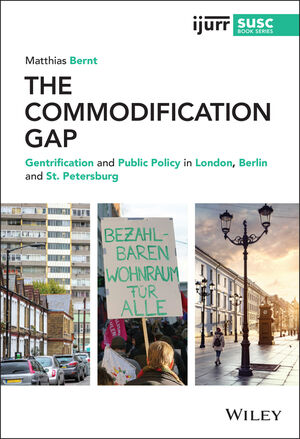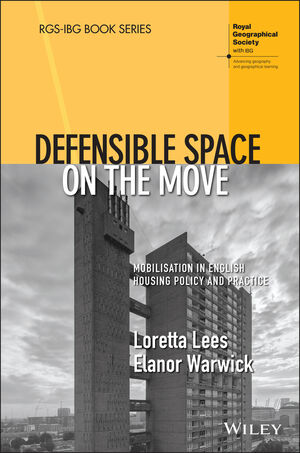Date and time
Monday 20 May 2024, 6-7.30 pm UK time
Location
Room 225, Central House, 14 Upper Woburn Place, Bartlett School of Planning, UCL, WC1H 0NN
Borderland: Identity and belonging at the edge of England
Please join us at our next event to mark the launch of Phil Hubbard’s latest book: Borderland: Identity and belonging at the edge of England.
The event will include reflections on the book from the author and discussions by experts in the fields of cultural and historical geography, urban studies, and social anthropology.
Book Description

Over recent years, the issues of Brexit, COVID and the ‘migrant crisis’ put Kent in the headlines like never before. Images of asylum seekers on Kent beaches, lorries queued on motorways and the crumbling white cliffs of Dover all spoke to national anxieties, and were used to support ideas that severing ties with the EU was the best – or worst – thing the UK has ever done.
In this coastal driftwork, Phil Hubbard – an exiled man of Kent – considers the past, present and future of this corner of England, alighting on a number of key sites which symbolise the changing relationship between the UK and its continental neighbours. Moving from the geopolitics of the Channel Tunnel to the cultivation of oysters at Whitstable, from Derek Jarman’s feted cottage at Dungeness to the art-fuelled gentrification of Margate, Borderland bridges geography, history, and archaeology, to pose important questions about the way that national identities emerge from contested local landscapes.
“A powerful, poignant and beautifully written journey through the frontier lands of Brexit Britain. This is travel writing with a purpose, charting an anxious and often hostile landscape with care and passion.” Alastair Bonnett, author of The Age of Islands: In Search of New and Disappearing Islands
About the Participants
Phil Hubbard is Professor of Urban Studies at King’s College London. He has published widely on questions of class, gentrification and the impacts of urban policy on socially marginalised populations. His books include Cities and Sexualities, The Battle for the High Street, and Key Ideas in Geography: City.
Matthew Gandy is Professor of Cultural and Historical Geography at the University of Cambridge, and Fellow of Kings College Cambridge. He is a cultural, urban, and environmental geographer with particular interests in landscape, infrastructure, and more recently bio-diversity. His most recent book Natura Urbana: Ecological Constellations in Urban Space is winner of a 2023 John Brinckerhoff Jackson Prize awarded by the Foundation for Landscape Studies and UVA School of Architecture. He has also directed documentary films including the award-winning Natura Urbana: the Brachen of Berlin.
Yasminah Beebeejaun is a Professor of Urban Politics and Planning at the Bartlett School of Planning, University College London. Her work is concerned with feminist and anti-racist approaches to planning theory and practice. Her articles have been published in many journals including Environment and Planning C, Journal of Planning Education and Research, Planning Theory, Planning Theory and Practice, and Transactions of the Institute of British Geographers. She is co-editor of The Journal of Race, Ethnicity and the City.
Farhan Samanani is a Lecturer in Social Justice in the School of Education, Communication and Society at King’s College London. His work explores how people build forms of connection, understanding and common cause across lines of meaningful difference, in the contemporary UK. He works closely and collaboratively with communities on issues ranging from racial justice, to accessible cities, to climate change, seeking to understand and support everyday efforts to build a better future. His most recent book is entitled How To Live With Each Other: An Anthropologist’s Notes on Sharing a Divided World.









